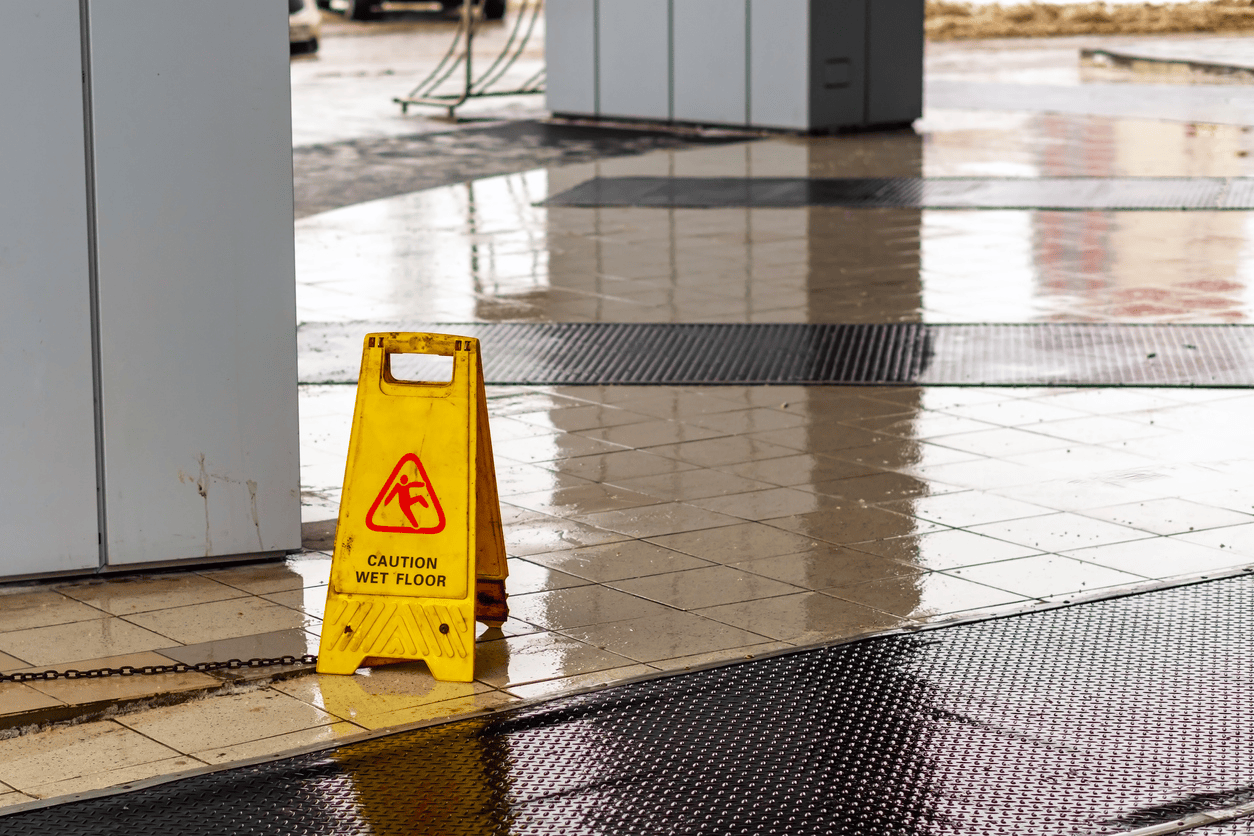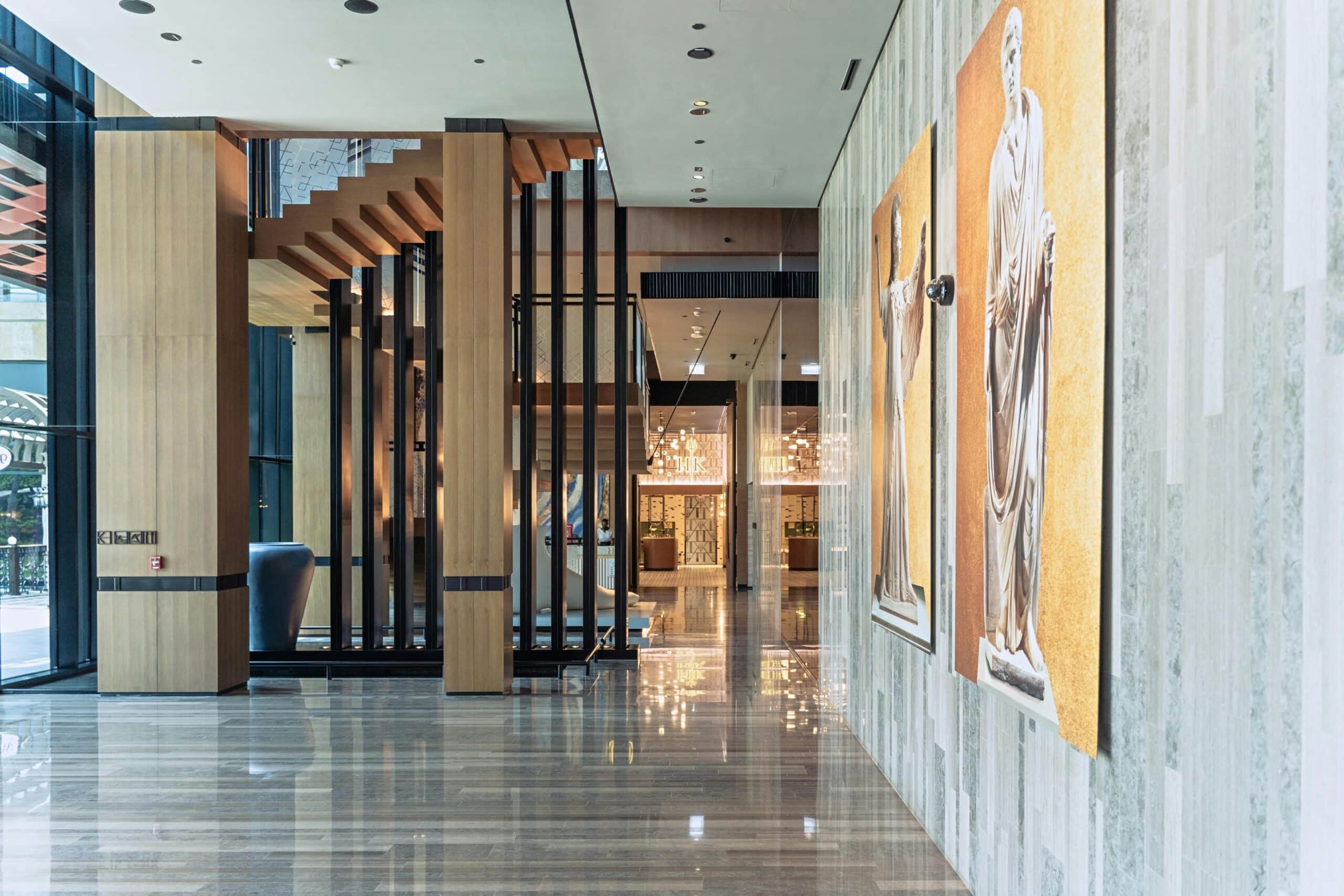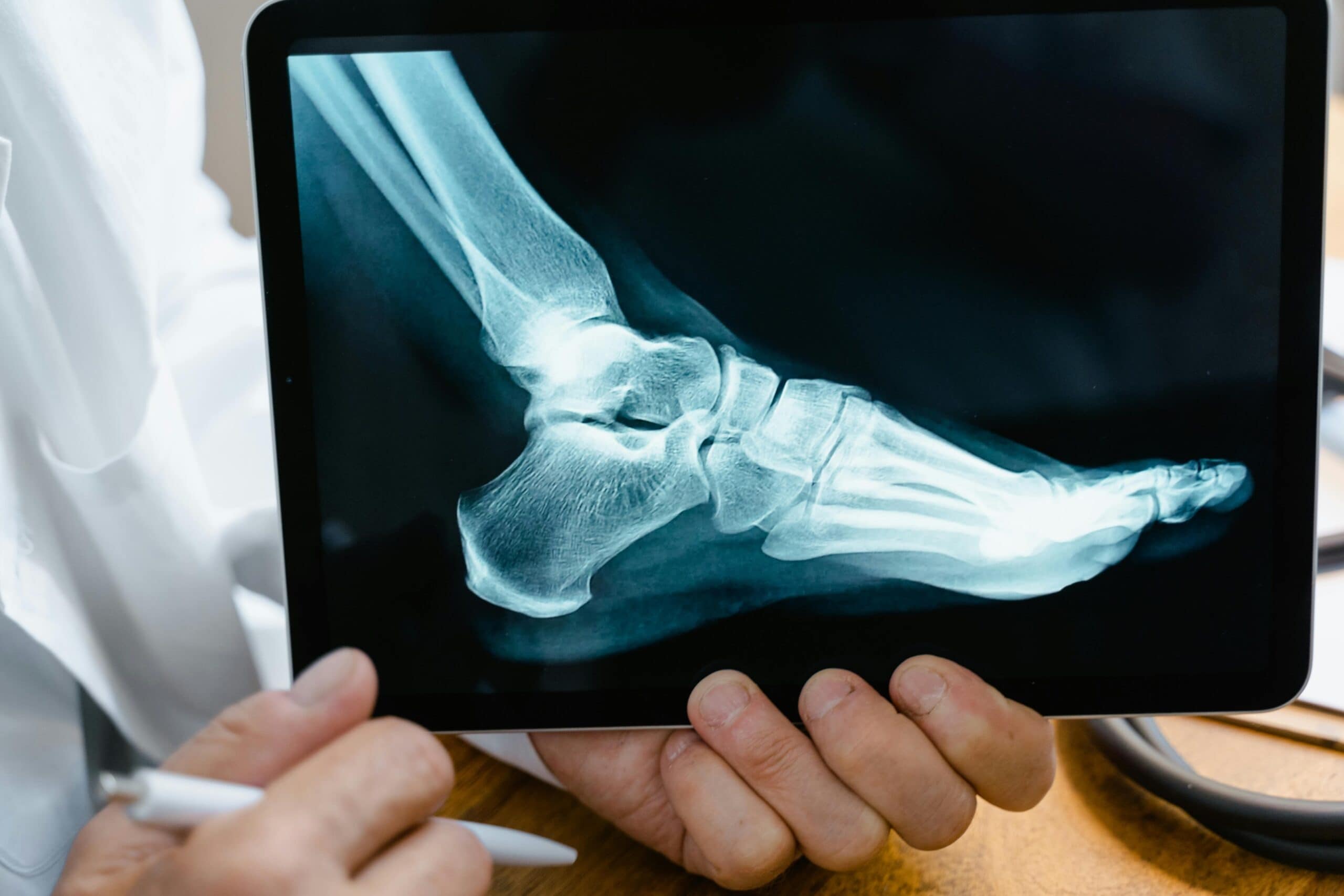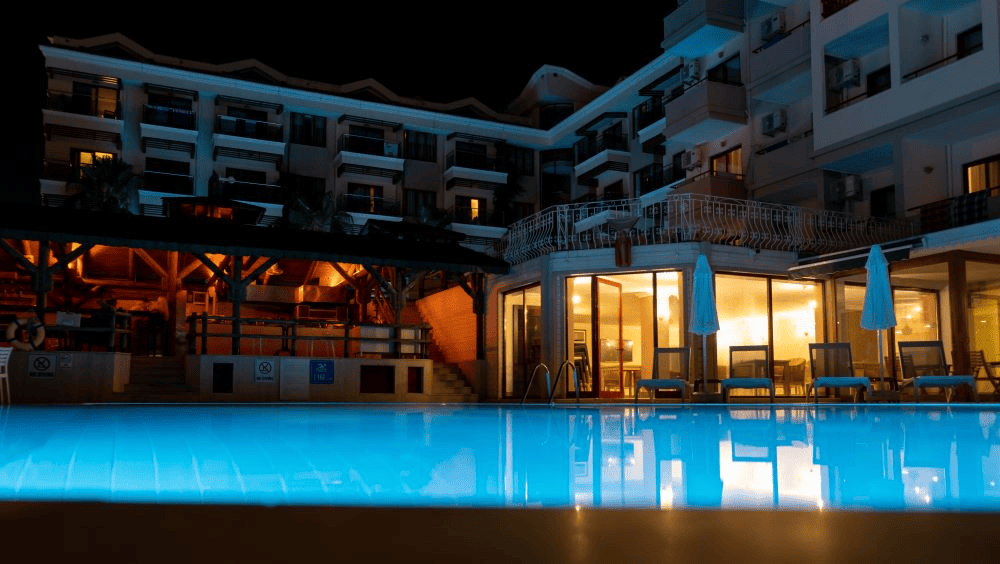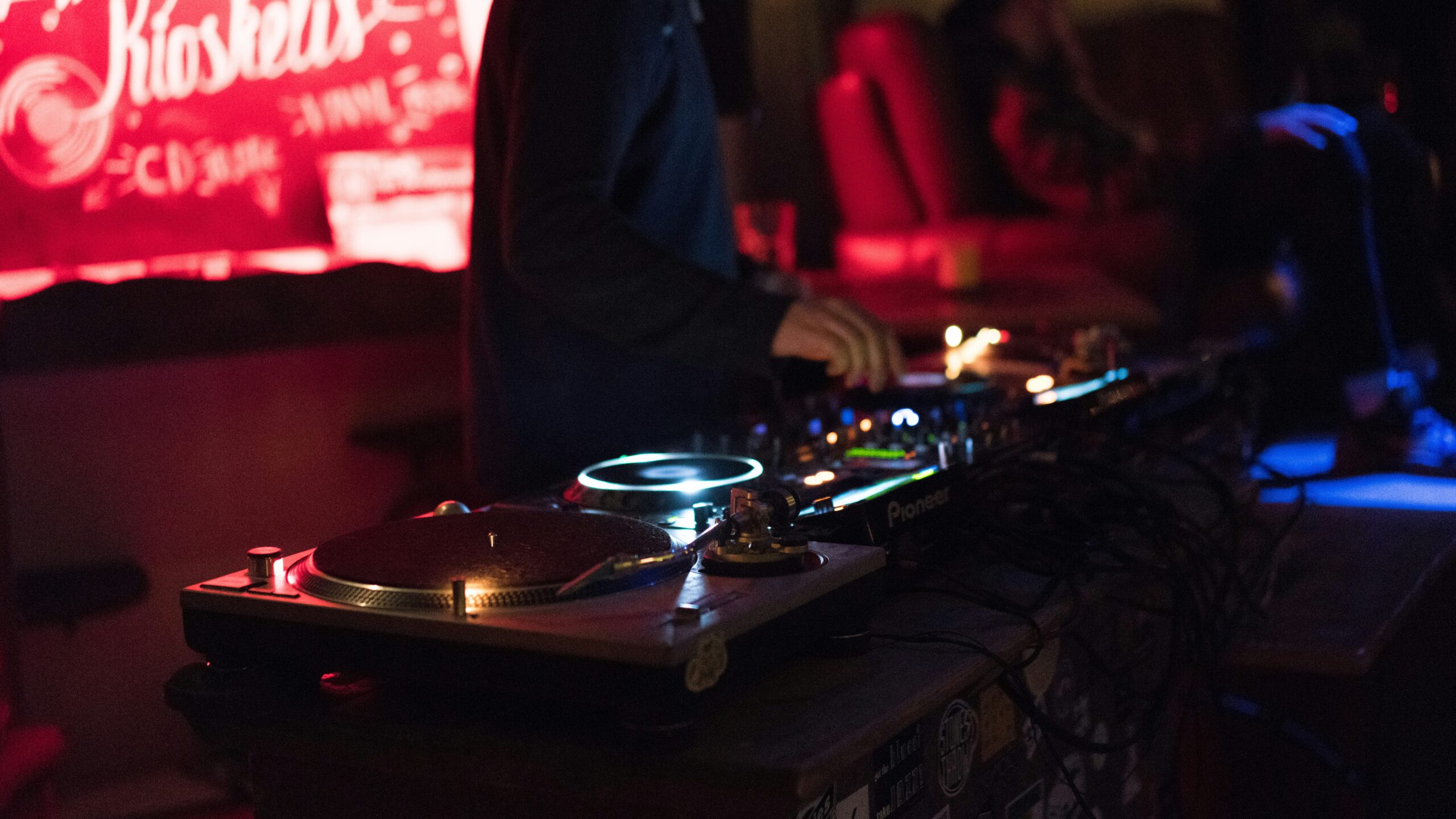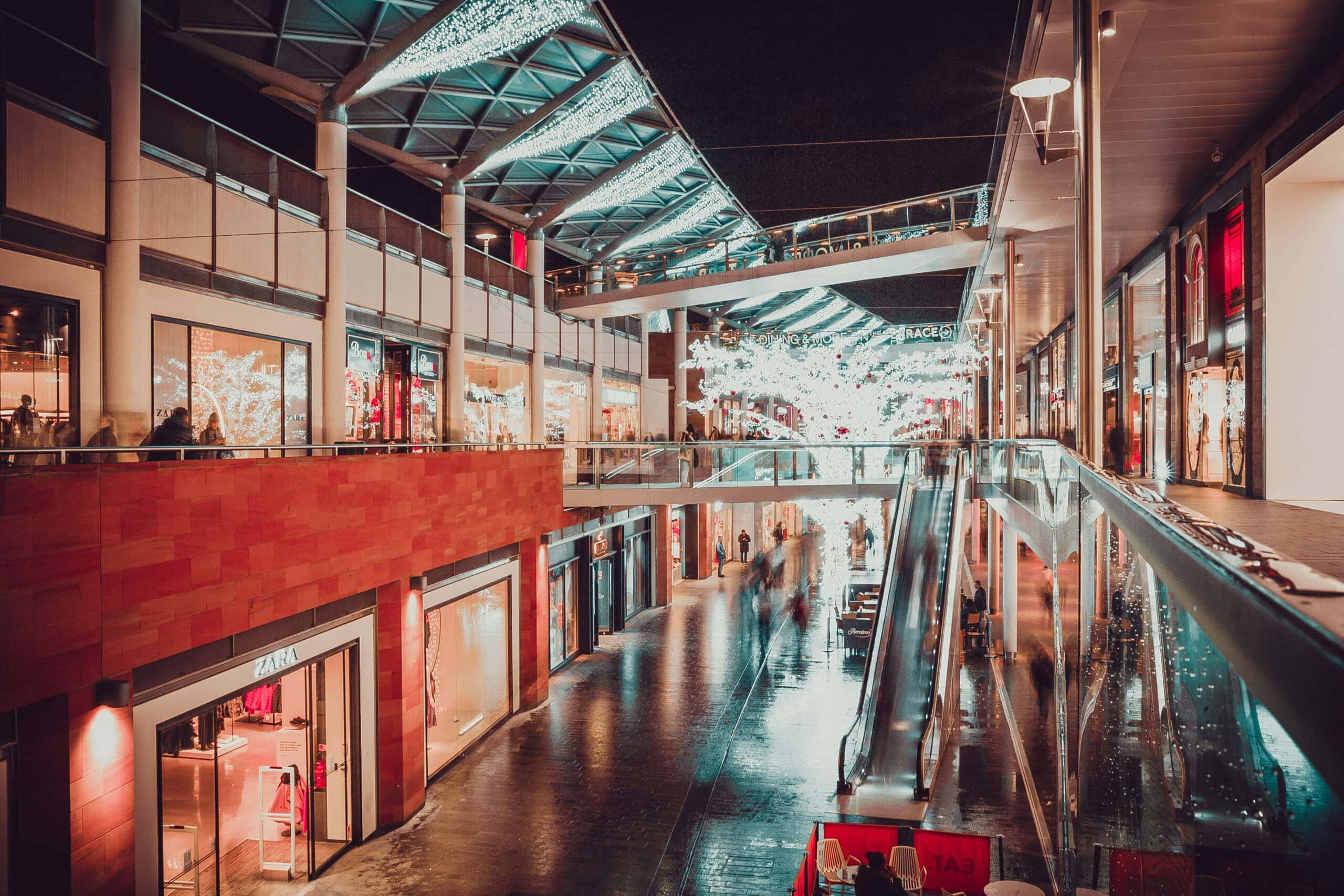
Concerts are fun, there are lights, music, people, and so much more. Along with this fun, there’s a massive impact on money making with these concert venues earning billions of dollars. Statistics reveal that the global revenue from live music tours amounted to approximately 9.17 billion U.S. dollars.
That’s a big part of the economy, but there’s another side of these concerts that often goes unnoticed, i.e., negligent security claims.
While the management of concert venues is responsible and does everything in its power to get work done, there’s always a chance of some providing inadequate security, leading to severe injuries.
If you or someone around you has experienced these serious injuries and requires compensation for the injuries sustained, or simply wants to avoid liability, this article is for you.
Understanding Negligent Security
Negligent security refers to the failure of a property owner or event organizer to provide the necessary security measures that could prevent foreseeable harm to patrons, guests, or tenants.
Property owners have a duty of care to ensure a safe environment for all who enter their premises, whether it’s a concert venue, hotel, or apartment complex.
What Does Negligent Security Potentially Lead To?
If the security measures are insufficient or inadequate, this could lead to injuries, including:
physical assaults
sexual assaults
fatalities.
In these cases, the injured party may seek to recover compensation through a negligent security lawsuit.
When security guards or security personnel are poorly trained or overwhelmed by large crowds, or when security camera footage is lacking or ignored, it can create dangerous conditions that expose guests to criminal activity.
If you’ve suffered injuries as a result of negligent or inadequate security, you may be entitled to file a negligent security case and seek damages for medical bills, lost wages, pain and suffering, and in some cases, punitive damages.
Concert Venue Liability and Security Measures: Security Guards and More
When it comes to concert venues, sports events, and other large gatherings, the need for adequate security measures is even more critical. Concert venues in Las Vegas, for example, are expected to provide a high level of security to ensure the safety of their guests.
Why is There a Higher Chance of Injuries at Concert Venues?
Concert venues are inherently high-risk locations due to large crowds, high energy, and the potential for conflict. If a venue fails to provide reasonable security measures, such as adequate lighting, trained security guards, and proper surveillance, it may be found liable for any resulting injuries or harm.
The responsibility of event organizers and venue owners is clear: they must ensure that all foreseeable risks are minimized. This includes the installation of security cameras, providing sufficient lighting in parking lots and around entrances, and maintaining an adequate number of security guards to patrol the venue and monitor the crowd.
A venue’s failure to provide adequate security measures—for example, if the lighting is poor, security guards are absent, or the venue is overcrowded—can create an unsafe environment where criminal activity can thrive, resulting in injuries that could have been prevented.
Proving Negligent Security
To successfully file a lawsuit for negligent security, you must prove the fundamental elements of premises liability. These are the same elements that are required in any personal injury claim:
1. Duty of Care:
The property owner or venue manager has a legal obligation to protect those lawfully on their premises. This means they must take reasonable steps to ensure that the environment is safe.
2. Breach of Duty:
You must prove that the property owner or event organizers breached their duty of care by failing to implement adequate security measures. This could include poor lighting, inadequate training of security guards, or failure to install surveillance systems.
3. Causation:
It must be shown that the negligent security measures directly led to your injuries. For example, if the venue failed to provide adequate crowd control or if there was insufficient security personnel, this may have allowed an altercation to escalate and result in harm.
4. Damages:
Finally, you must show that you suffered injuries or lost income as a direct result of the security failure. These can include medical expenses, pain and suffering, lost wages, and sometimes, emotional distress.
In some cases, expert witnesses, such as personal injury attorneys or security specialists, can testify as to whether the venue’s security measures fell below the standard of care that should have been in place.
Their testimony can strengthen your claim, demonstrating how the venue’s failure to provide adequate security directly contributed to your injuries.
Types of Injuries and Recoverable Damages
Injuries resulting from negligent security can range from minor to severe, depending on the nature of the incident. Common injuries in these cases include:
1. Physical Assaults:
Without proper security, fights can break out among patrons, leading to injury.
2. Sexual Assault:
Inadequate security, such as unmonitored bathrooms or poorly lit areas, can make it easier for criminals to target individuals.
3. Injuries from Fights or Altercations:
Crowd control is vital. When security fails to intervene in time, injuries from fights can be devastating.
What Kind of Damages Can You Recover
Victims of negligent security may seek fair compensation for the following:
1. Medical Bills:
Costs related to treating the injuries you sustained. This includes immediate medical care, surgery, rehabilitation, and any long-term care you may need.
2. Lost Wages:
If your injuries prevent you from working, you may recover lost income as part of your damages.
3. Pain and Suffering:
Injuries caused by negligent security often come with emotional pain and distress, which can be part of your compensation.
4. Punitive Damages:
If the property owner or negligent party acted with gross negligence, you may be entitled to punitive damages in addition to compensatory damages. These are meant to punish the responsible parties and deter future negligence.
Who Can Be Sued for Negligent Security?
Typically, in negligent security cases, the property owner or event organizer is the party you would file a lawsuit against. This is because they have a duty of care to provide a safe environment for their patrons.
However, in some cases, you may also be able to pursue claims against individual security guards if their actions directly contributed to your injury, though this is less common than suing the property owner or venue managers.
Property owners and event organizers may be vicariously liable for the actions of their security personnel if those security measures were not adequately implemented or if the security staff was improperly trained.
When security personnel are negligently failing to act in an emergency, such as ignoring a fight or refusing to intervene in a dangerous situation, both the venue and the individual guards may be held liable for your injuries.
Factors That Determine Liability for Inadequate Security
There are several factors that determine liability in a negligent security case, including:
Severity of the Injury: The more severe your injuries, the more likely it is that the damages awarded will be higher.
Security Measures Provided: If the venue provided reasonable security measures but failed to enforce them properly, its liability might be reduced.
Actions of Security Guards: The role played by the security guards or personnel in the incident is essential. If guards failed to prevent the situation or did not respond appropriately, their actions could directly affect liability.
Seeking Legal Help for Negligent Security
Filing a lawsuit for negligent security is a complicated process that requires a thorough understanding of the legal process and the ability to gather and present compelling evidence. It’s essential to have an experienced negligent security lawyer on your side to help you navigate the legal landscape.
A personal injury lawyer can assist you by:
Investigating the Incident:
Your lawyer will gather crucial evidence, including security camera footage, witness testimonies, and medical records.
Proving Liability:
They will work to establish that the venue failed in their duty of care and that their negligence directly led to your injuries.
Negotiating with the Insurance Company:
In many cases, venues are covered by insurance, and the insurer may be reluctant to offer a fair settlement. Your lawyer will negotiate on your behalf to ensure you receive just compensation.
Representing You in Court:
If a settlement can’t be reached, your lawyer will take your case to court and fight for your right to compensation.
By working with an experienced negligent security lawyer, you ensure that your rights are protected and that you are seeking justice for the harm you’ve suffered.
Whether you’re in Las Vegas, another city, or at a local concert venue, don’t wait to seek medical attention and legal assistance. The sooner you begin gathering evidence and filing your claim, the better your chances of receiving fair compensation for your injuries.
The Importance of Thorough Investigation Before Filing a Lawsuit
When negligent security is suspected, a thorough investigation is crucial to building a strong case. Your negligent security lawyer will work to gather all necessary evidence to prove that the property owner or event organizers failed to fulfill their duty of care. This investigation may include:
Reviewing security camera footage from the venue
Interviewing witnesses or security personnel
Examining incident reports or police records
Assessing past incidents or complaints of inadequate security at the venue
Gathering this evidence is not only essential for your case but also to ensure that justice is served. By establishing a clear record of negligence on the part of the venue, you improve your chances of holding the responsible parties accountable for your injuries.
